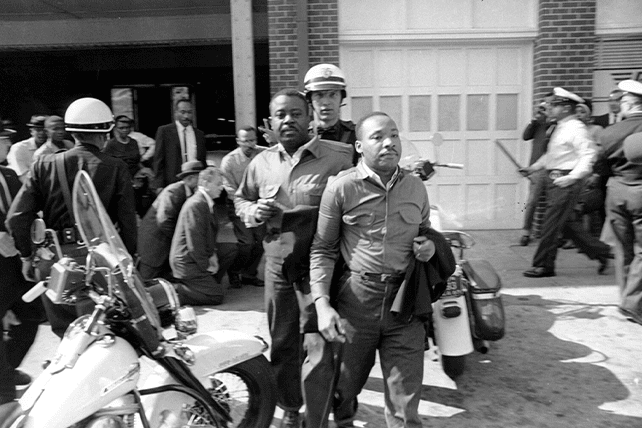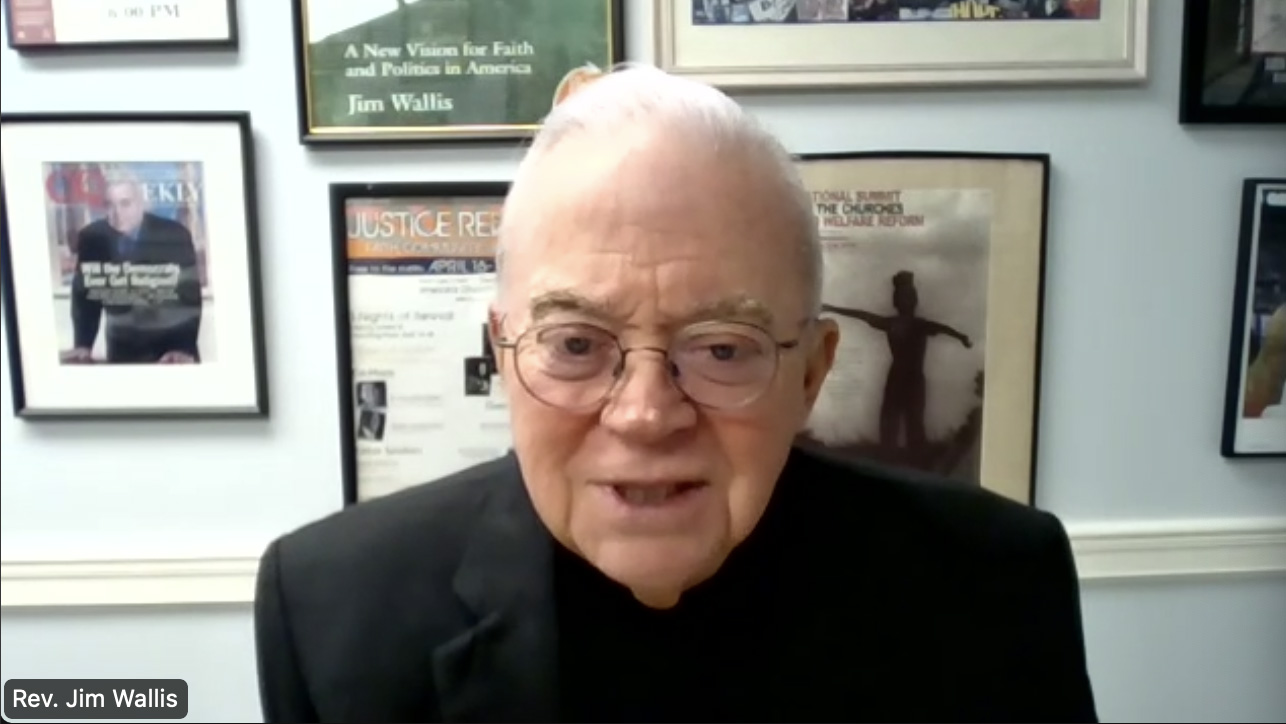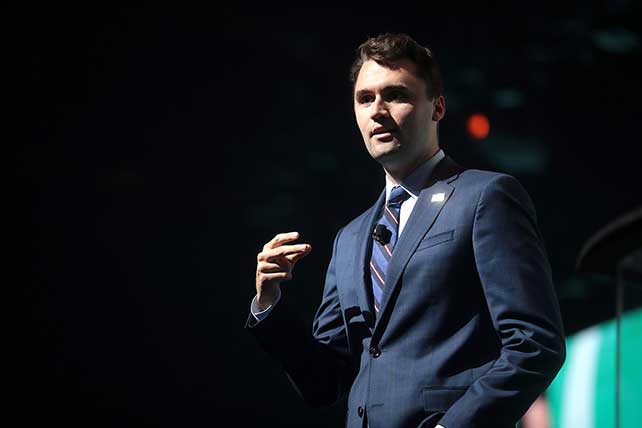LONDON (RNS) — On May 6, King Charles III will be crowned in Westminster Abbey in an ancient ceremony echoing biblical ideas of kingship and containing rituals that have been used since the first English king more than 1,000 years ago. But Charles will undergo the ceremony in an England unlike any other — different even from that of his mother, 70 years ago.
When Elizabeth II was crowned, Britain was still emerging from the hardships of World War II. Rationing of foodstuff and fuel was continuing. Cities were still ravaged by damage from German bombs, leaving housing in short supply. The nation was in need of cheering up.
The coronation of a young queen fit the bill. Elizabeth was just 27 on her Coronation Day, June 2, 1953. Besides the fresh start of a new monarch, the occasion offered the fizz of new technology: It was the first to be broadcast to a vast TV audience at home, in addition to the huge crowds on the streets.
Britain in 1953, though already changing, was still much more homogeneous, with far stronger links to Christianity and in particular the established Church of England. It is all so very different now, in the 21st century.
On March 21, 2021, the day of Britain’s decennial census, 1 in 6 residents, about 10 million people, reported they had been born outside the United Kingdom, up from 7.5 million in 2011. India is the most common country of birth of migrants, but significant numbers list Pakistan, Bangladesh, Nigeria, Jamaica and other former colonies, as well as former European Union partners such as Romania and Poland.
The ethnic diversity is matched by changes in the country’s religious makeup. Just 46% said they were Christian on census day — a drop of 11 percentage points in 10 years. Meanwhile, other faiths, including Islam, Judaism, Hinduism and Sikhism, grew by 100,000 adherents in a decade.
But the most significant difference is the growth of those who said they have no religion — an increase of 8.5 million, bringing those with no faith to 22 million, or a third of the population.
Yet the coronation remains fundamentally a Church of England rite. The monarch, the Supreme Governor of the Church of England, is crowned by the Archbishop of Canterbury, that same church’s leading primate. This mutual endorsement has prevailed since 1534, when Henry VIII broke England away from the Roman Catholic Church and set up his own church. A few years earlier, the pope had settled on Henry the title of Defender of the Faith for his loyalty to Rome. Despite the split, all British monarchs, including Charles, have used it since.
The irony is that 500 years later, about twice as many Roman Catholics attend Mass, about a million, as Anglicans do Sunday services. Even if they balk as the king swears his oath to maintain the Protestant Reformed Religion, Catholics will have some familiarity with anointing with oils; the Anglican Holy Communion service, which is similar to the Catholic one; and the moments when God is asked to sustain the king in his duties, which is comparable to a priestly ordination.
For that sizable third of the population who have no religion, however, the coronation may be mystifying. Demystifying it will be the job of the media. British television companies and other broadcasters, magazines and newspapers are all priming themselves to explain it to an audience that does not have the religious literacy it once did.

Workers repaint the lampposts April 27, 2023, outside Westminster Abbey in London as preparations continue for the coronation of King Charles III. The ceremony will take place in Westminster Abbey, followed by a balcony appearance at Buckingham Palace, on May 6, 2023. (AP Photo/Alastair Grant)
But there is another, no less remarkable change in the religious orientation of the man being crowned. While confirming his own faith since his accession last September, King Charles has also made an effort to embrace Britons of other faiths and even none.
During his televised address to the nation the night after his mother’s death, he talked about his particular responsibility to the Church of England and described it as “the church in which my own faith is deeply rooted.” A week later, at a reception at Buckingham Palace for leaders of several faiths, he said, “I am a committed Anglican Christian and at my Coronation take an oath relating to the Settlement of the Church of England,” but he added that he had a duty as sovereign “to protect the diversity of our country, including by protecting the space for faith itself.”





























